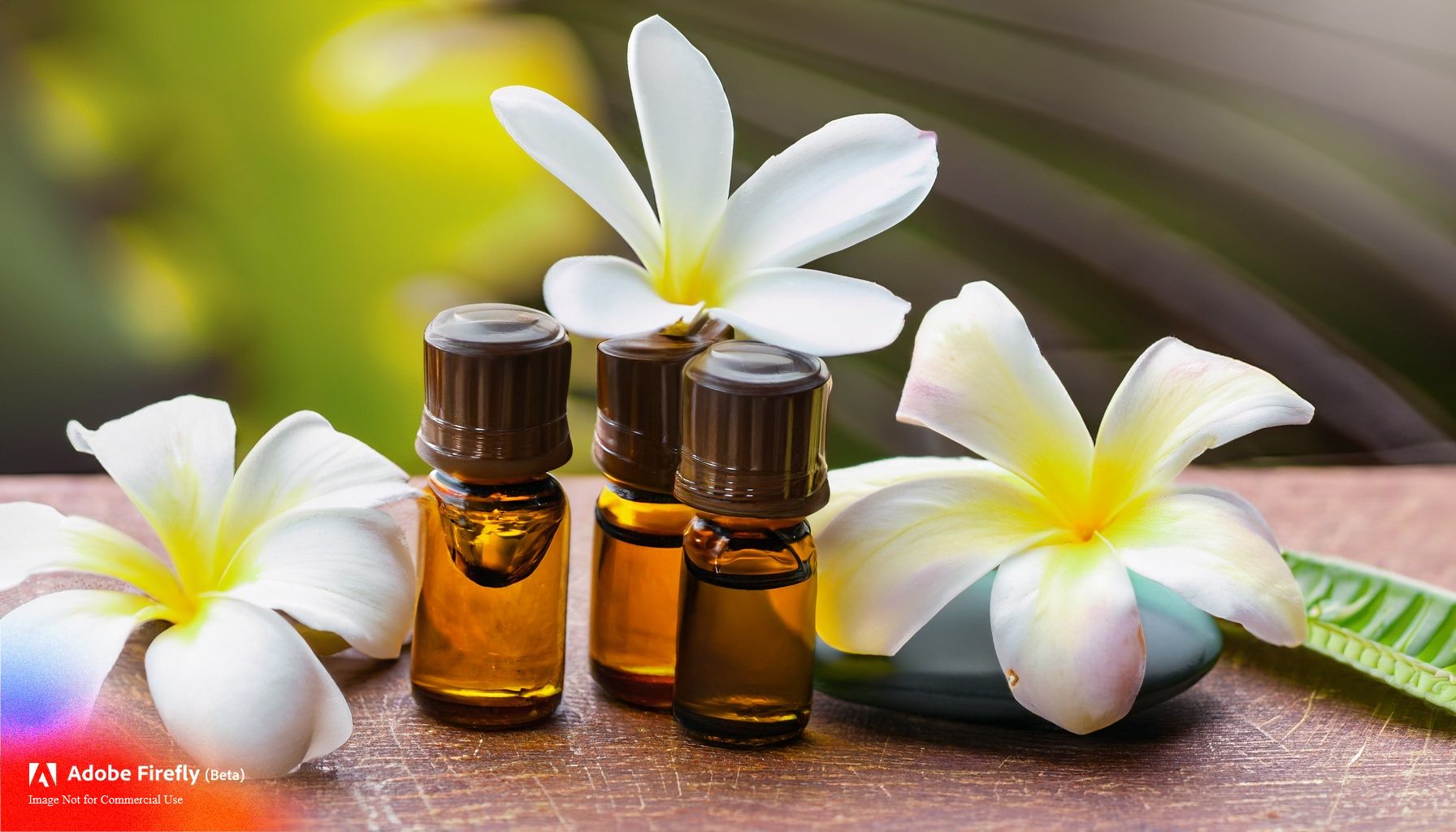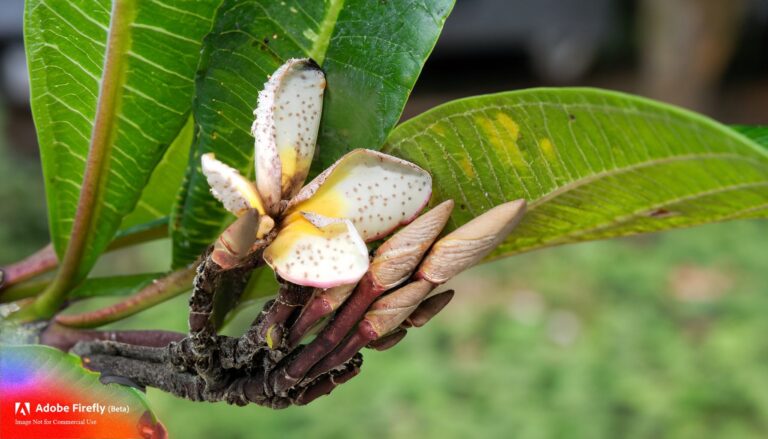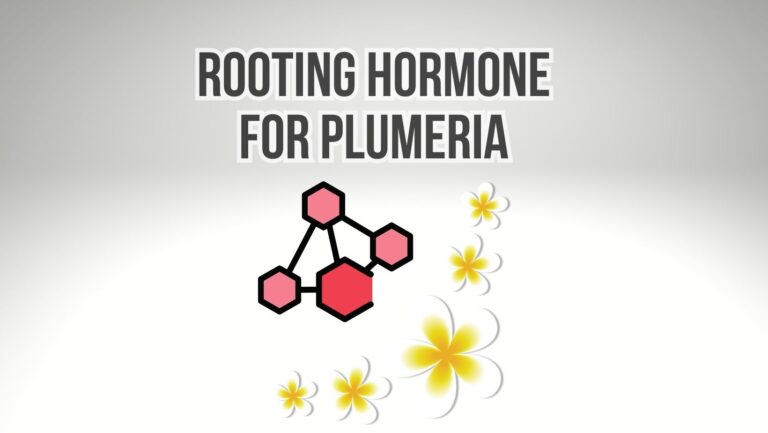
Plumeria Essential Oil: Unveiling its Therapeutic Benefits and Uses
Introduction
Plumeria, a tropical flowering plant renowned for its exquisite and fragrant blooms, has a hidden treasure within its petals – plumeria essential oil. Extracted through a meticulous process, this oil carries a myriad of therapeutic benefits that have captivated the attention of aromatherapy enthusiasts, natural health practitioners, and beauty aficionados alike. In this comprehensive article, we will delve into the captivating world of plumeria essential oil, exploring its origin, extraction methods, chemical composition, and its extensive array of benefits and uses.
Origin and Extraction
Plumeria, scientifically known as Plumeria spp., belongs to the Apocynaceae family and is native to warm and tropical regions, particularly found in Central America, the Caribbean, and various parts of Asia. The plant is characterized by its vibrant and fragrant blossoms that are often used in traditional ceremonies, religious rituals, and as ornamental decorations.
The extraction of plumeria essential oil is a meticulous process that involves various techniques, the most common of which is steam distillation. Fresh plumeria flowers are carefully harvested and then subjected to steam distillation, where the steam carries the aromatic compounds from the flowers into a cooling chamber, where it condenses into a mixture of water and essential oil. This mixture is then separated, yielding the highly concentrated plumeria essential oil.
Chemical Composition
Plumeria essential oil owes its enchanting aroma and therapeutic properties to its intricate chemical composition. The oil is a blend of numerous compounds, including terpenes, esters, alcohols, and more. Some of the key constituents include:
- Benzyl Acetate: This compound contributes to the sweet, floral aroma of plumeria essential oil and is known for its calming and sedative effects.
- Phenyl Ethyl Alcohol: Responsible for the captivating fragrance, this compound also possesses mood-enhancing and stress-reducing properties.
- Linalool: With its pleasant floral scent, linalool offers relaxation and anti-anxiety benefits.
- Eugenol: Known for its antiseptic and analgesic properties, eugenol adds a subtle spicy note to the oil’s aroma.
- Geraniol: Offering a rosy aroma, geraniol contributes to plumeria essential oil’s therapeutic effects, including its potential to uplift mood.
Therapeutic Benefits and Uses
The allure of plumeria essential oil lies not only in its enchanting fragrance but also in its wide range of therapeutic benefits. Let’s explore some of its notable uses and effects:
- Aromatherapy and Emotional Well-being: The captivating scent of plumeria essential oil has a profound impact on emotional well-being. Its sweet, floral aroma can uplift mood, alleviate stress, and promote relaxation. Aromatherapists often use plumeria oil in diffusers, sprays, or as a massage oil to create a calming and comforting atmosphere.
- Stress and Anxiety Reduction: The chemical constituents in plumeria essential oil, such as benzyl acetate and linalool, contribute to its anxiolytic properties. Inhaling the aroma of the oil can help soothe nervous tension, reduce anxiety, and induce a sense of tranquility.
- Natural Aphrodisiac: Plumeria’s delicate and alluring scent has earned it a reputation as a natural aphrodisiac. Its aroma can stimulate sensuality and enhance intimacy, making it a popular choice in romantic settings.
- Skin Care: With its antiseptic and anti-inflammatory properties, plumeria essential oil can be added to skincare routines. It may help soothe skin irritations, reduce redness, and promote overall skin health. However, it’s crucial to dilute the oil properly before applying it to the skin to prevent any potential adverse reactions.
- Sleep Aid: Plumeria essential oil’s relaxing properties extend to promoting restful sleep. Incorporating the oil into bedtime routines, such as through a warm bath or diffuser, can help create a serene environment conducive to peaceful sleep.
- Pain Relief: Compounds like eugenol present in plumeria essential oil have mild analgesic properties. When applied topically with a carrier oil, the oil might provide relief from minor muscular aches and pains.
- Hair Care: Adding a few drops of plumeria essential oil to hair care products can impart a delightful fragrance to the hair while potentially promoting a healthy scalp due to its antiseptic qualities.
- Spiritual and Ritualistic Use: Plumeria has cultural and spiritual significance in various traditions. The oil’s aroma is believed to have the power to elevate consciousness, aid meditation, and enhance spiritual experiences.
Precautions and Considerations
While plumeria essential oil offers a plethora of benefits, it’s essential to approach its use with caution and mindfulness:
- Dilution: Plumeria essential oil is highly concentrated and should be diluted properly before topical application. A general rule of thumb is to add a few drops of essential oil to a carrier oil, such as coconut or jojoba oil, before applying it to the skin.
- Skin Sensitivity: As with all essential oils, a patch test is recommended to check for any allergic reactions or skin sensitivities before using plumeria essential oil extensively.
- Pregnancy and Medical Conditions: Pregnant individuals, nursing mothers, and individuals with pre-existing medical conditions should consult a healthcare professional before using plumeria essential oil or any other essential oil.
- Quality and Purity: Ensure that you source plumeria essential oil from reputable suppliers who provide pure and high-quality oils, free from additives or contaminants.
Conclusion
Plumeria essential oil, a treasure hidden within the delicate petals of the plumeria flower, has captured hearts with its enchanting fragrance and versatile therapeutic benefits. From its application in aromatherapy for emotional well-being to its potential as a natural aphrodisiac and skincare aid, plumeria oil’s aromatic allure extends across various aspects of life. As you embark on your journey with plumeria essential oil, remember to approach its usage with care, respecting its potency and honoring the traditions that have revered its floral magic for generations.





